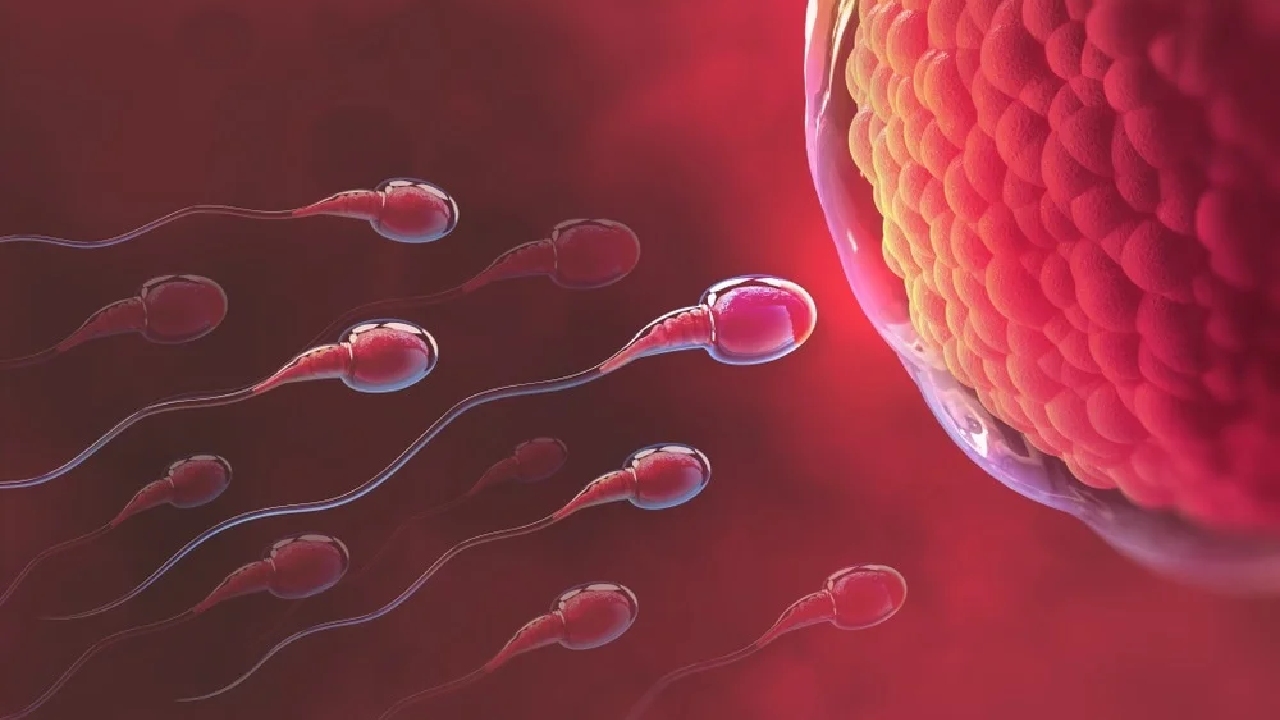Oligospermia Causes
Reduced sperm counts are referred to as oligospermia. Sperm count is regarded as poor when it is less than 15 million sperm per millilitre of semen. It is well recognised that a low sperm count makes conception harder.
Oligospermia may be caused by a number of elements, such as medical, environmental, health, and lifestyle issues.Low sperm count can result from a number of medical conditions and therapies, including varicocele, ejaculatory issues, malignancies, hormone imbalances, chemotherapy, etc.Genetic and chromosomal factors can also contribute to oligospermia.Environmental elements like exposure to radiation and industrial toxins can have an impact on sperm production.Low sperm count can be brought on by certain lifestyle choices like smoking, depression, and binge drinking.
Low sperm counts make it difficult for the eggs to fertilise, which lowers the likelihood of pregnancy spontaneously and using some assisted reproductive techniques.
An examination of the semen will reveal oligospermia. The crucial test is this one.Other tests, such as medical history, physical examination, hormone blood levels, and genetic studies, may provide more information when evaluating the causes of oligospermia.
The underlying problem should be found and treated, and lifestyle changes may be helpful. To have a successful pregnancy, the couple could also require assistance from assisted reproductive technologies like intracytoplasmic sperm injection (ICSI). In order to aid fertilisation, ICSI entails injecting sperm into each egg.








